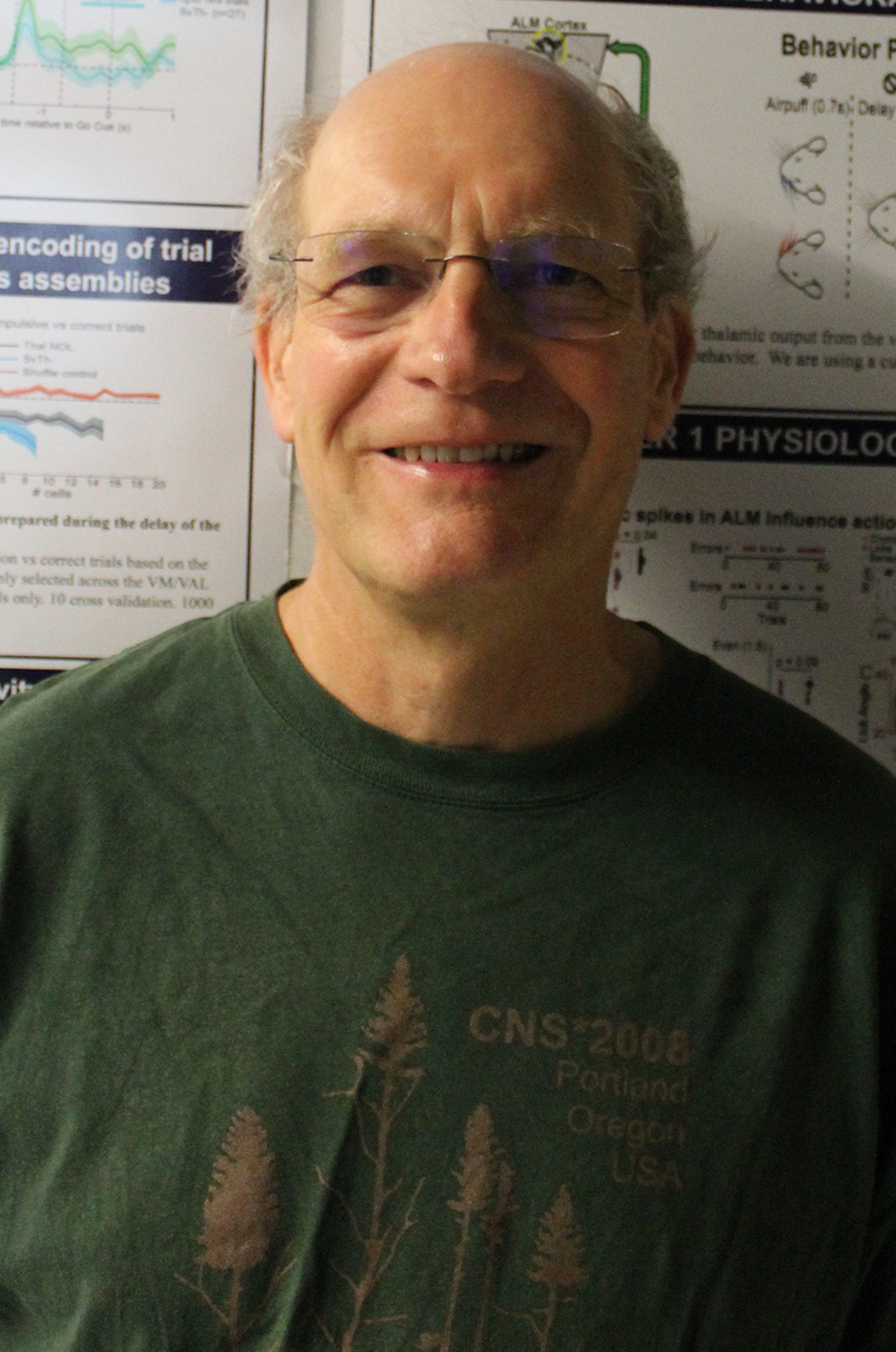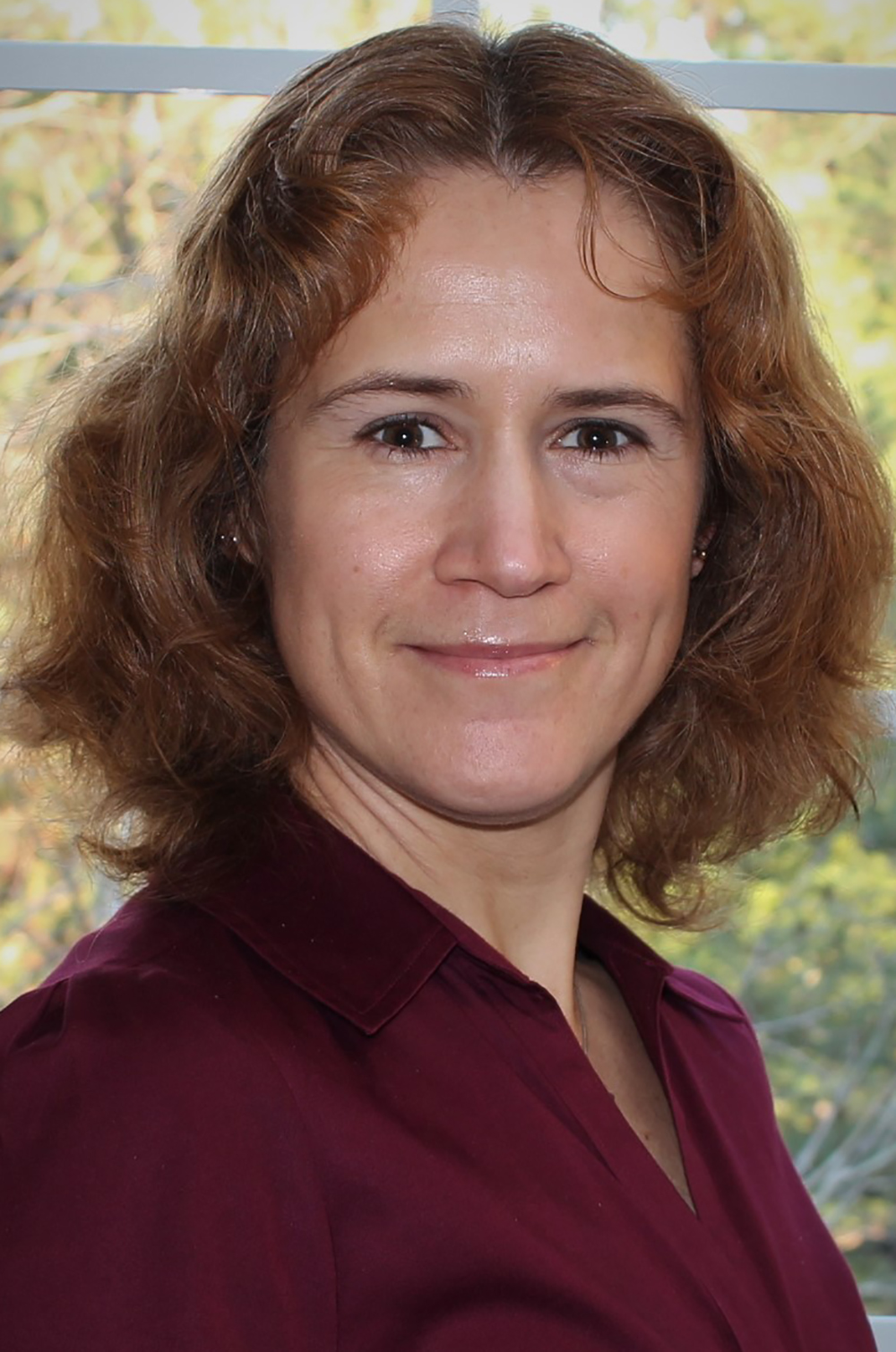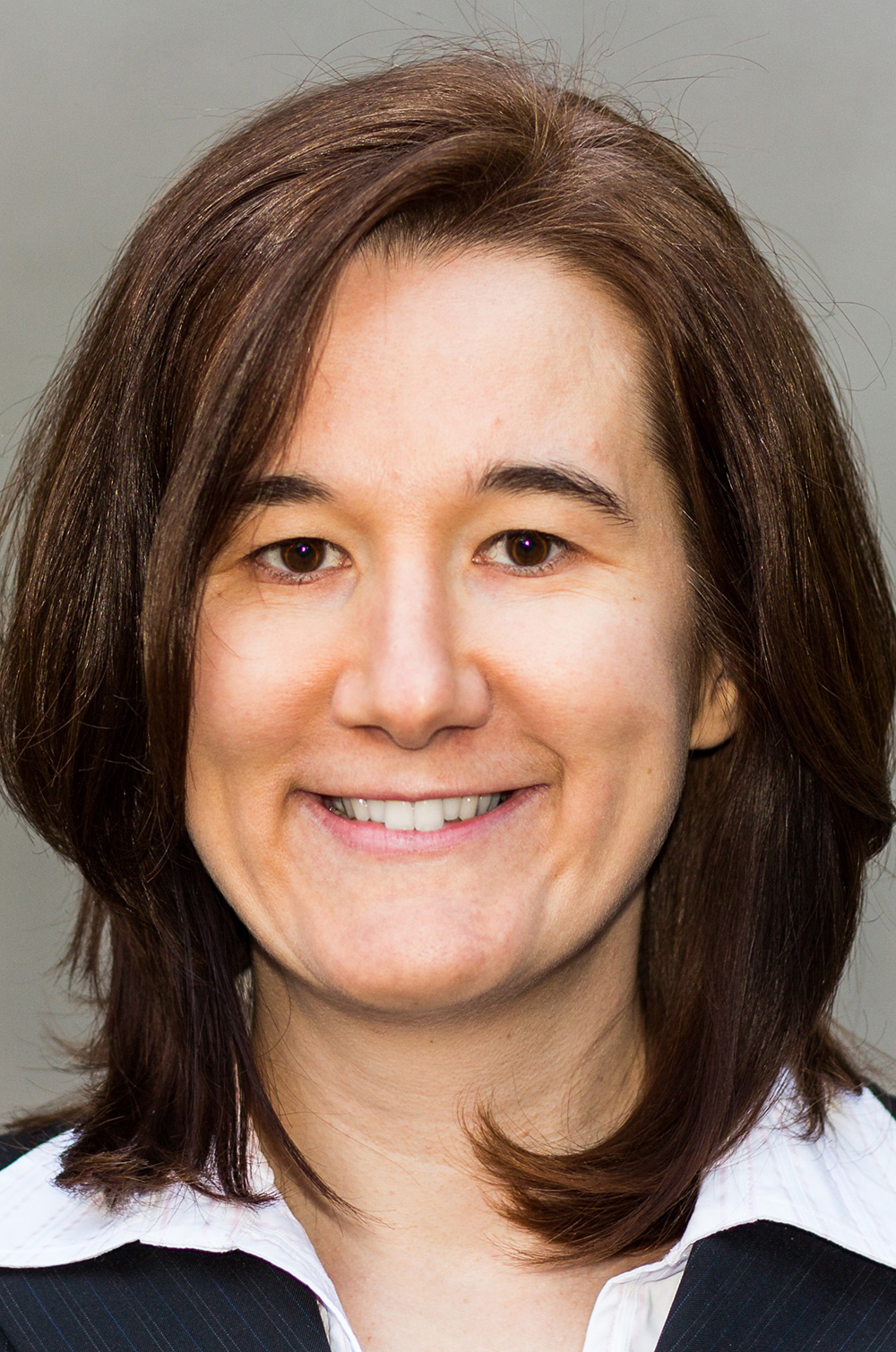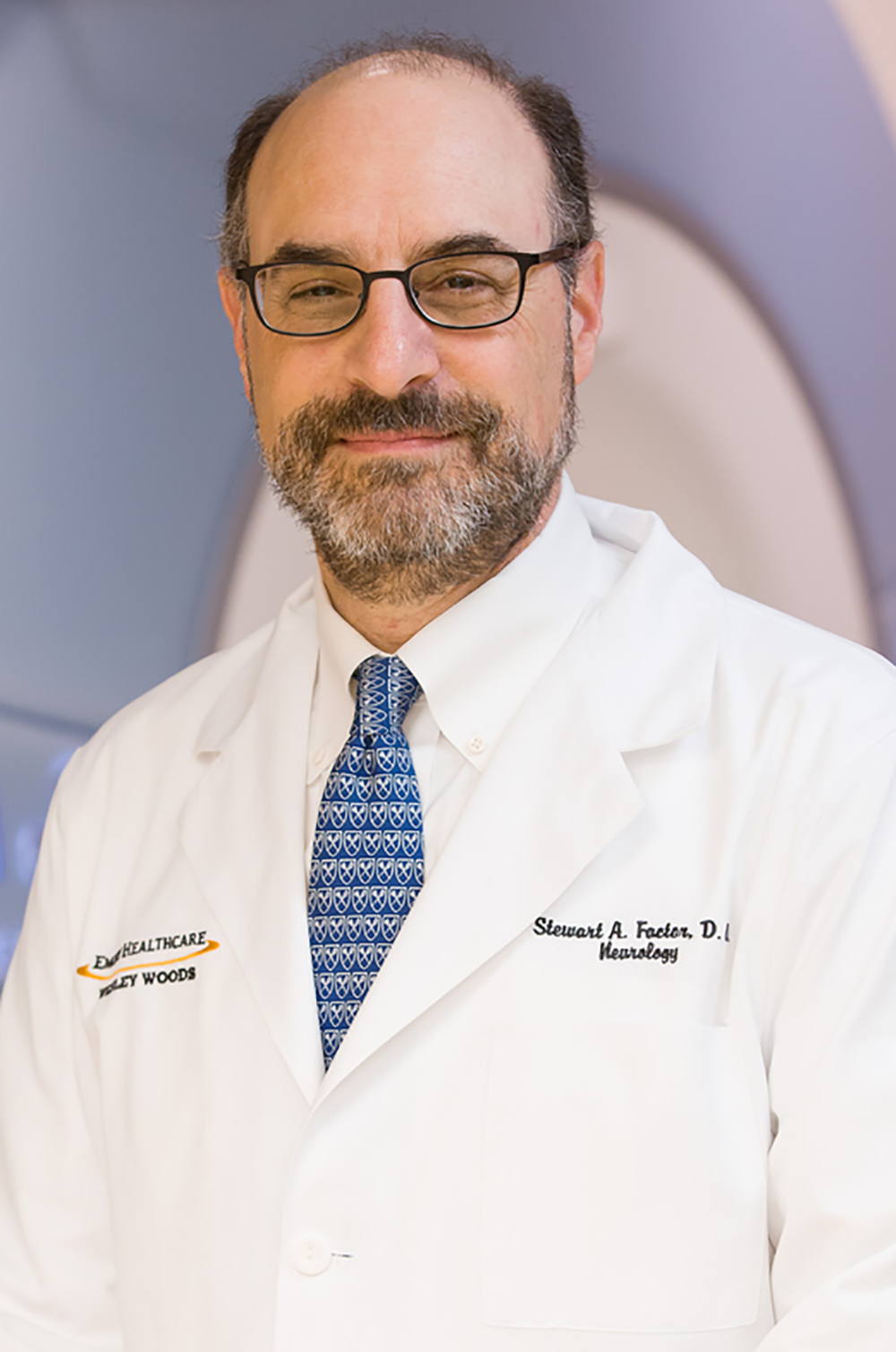Thomas Wichmann, MD

Worley Brown Professor and Vice Chair for Research, Department of Neurology
Associate Director, Movement Disorder Clinic at Emory
Deputy Director, Primate Center at Emory University
Thomas Wichmann attended medical school in Freiburg (Germany) and received his medical degree in 1984. This was followed by postdoctoral medical and research training in Germany and at Johns Hopkins University, and internship and neurology residency training at Emory University. He has been a member of the movement disorder division in the Emory University Department of Neurology at Emory since 1996. He is currently the Worley Brown Professor and Vice Chair for Research of Neurology, serves as the Associate Director of the movement disorder clinic at Emory and the Deputy Director of the Primate Center at Emory University. His research focuses on electrophysiological and morphological changes in Parkinson’s disease, with the aim of developing new pharmacological or surgical interventions to help parkinsonian patients.
Dieter Jaeger, PhD

Professor, Department of Biology
Dieter Jaeger received his college education with a specialization in Biochemistry in Tübingen, Germany. He joined the PhD program in neuroscience at the University of Michigan in 1984. His dissertation research investigated the function of the basal ganglia in behaving primates. Dr. Jaeger joined the California Institute of Technology as postdoctoral fellow in 1991, and pursued research in computer modeling and electrical recordings of single neurons. Dr. Jaeger joined the faculty of the Department of Biology at Emory University in 1997 and now is a full professor there. His research is concerned with the single neuron and network function of basal ganglia and cerebellar brain structures and their impact on thalamo-cortical interactions. He combines methods of computer modeling with electrophysiological investigations.
Adriana Galvan, PhD

Associate Professor, Department of Neurology
Adriana Galvan received her PhD in Neurosciences from the Center of Research and Advanced Studies, National Polytechnic Institute, Mexico City, Mexico. She joined the labs of Dr. Smith and Dr. Wichmann in 2000, as a post-doc fellow, to study localization and functions of GABA receptors in the basal ganglia-thalamocortical circuitry. In 2009 she joined the Department of Neurology as a junior faculty member and is currently an Associate Professor. Her research focuses on understanding neural transmission and circuits in the basal ganglia, both in normal and pathological conditions. For this, she uses a variety of in vivo methodologies including extracellular electrophysiological recordings, electrical stimulation, intracerebral microinjections, and, more recently optogenetics, chemogenetics and calcium imaging.
Yoland Smith, PhD

Professor, Department of Neurology
Yoland Smith received his PhD degree in Neurobiology from Laval University, Quebec, Canada in 1988. Through the use of immunocytochemistry and tract-tracing methods, he published series of manuscripts that contributed significantly to our current knowledge of the circuitry and chemical anatomy of the primate basal ganglia. He then spent two years of postdoctoral training at the MRC Unit in Oxford, where he learned high-resolution electron microscopy techniques he used to elucidate various aspects of the synaptic microcircuitry of the basal ganglia. After completion of an additional year of postdoctoral studies at Johns Hopkins University and Emory University, he was appointed as Assistant Professor in the Department of Anatomy of Laval University in Quebec, Canada where he spent five years (1991-1996) developing a research program that focused primarily on the synaptic organization of the primate basal ganglia. In 1996, Dr. Smith moved to Emory University, where his research program includes a multidisciplinary team that uses techniques in neuroanatomy, electrophysiology and behavioral pharmacology to study the functional microcircuitry and pathophysiology of the basal ganglia-thalamocortical systems under healthy and parkinsonian conditions.
Svjetlana Miocinovic, MD, PhD

Associate Professor, Departments of Neurology and Biomedical Engineering
Svjetlana Miocinovic is a board-certified neurologist specializing in Parkinson’s disease, dystonia, tremor and other movement disorders. She graduated from medical school in 2009 at Case Western Reserve University where she also obtained a PhD in biomedical engineering. She completed neurology residency and clinical movement disorders fellowship at University of Texas Southwestern Medical Center. Her post-doctoral training and clinical research fellowship were at the University of California San Francisco Movement Disorder and Neuromodulation Center. In 2016, she joined the Department of Neurology at Emory University. Her clinical focus is on using deep brain stimulations (DBS) to treat movement disorders. She also directs an NIH-funded human electrophysiology laboratory and is an investigator with Emory's Udall Parkinson's Disease Research Center of Excellence. The research focus of her laboratory is on electrophysiology of human motor and non-motor circuits, and development of new device-based therapies.
Stewart Factor, DO

Professor, Department of Neurology
Director, Jean and Paul Amos Parkinson’s Disease and Movement Disorders Program
Director, Merrie Boone Comprehensive Care Clinic
Stewart Factor is the director of the movement disorder program at Emory University. His primary areas of interest and research activities have been the study of freezing of gait and other movement disorder phenomenology, clinical trials in Parkinsons disease (PD), Huntington’s disease and dystonia and study of genetics, environmental exposures and biomarkers in PD. He is the site PI for the Parkinsons Progression Markers Initiative (PPMI) supported by the Michael J Fox Foundation. He is currently examining in a longitudinal fashion psychiatric and cognitive outcomes in PD.

